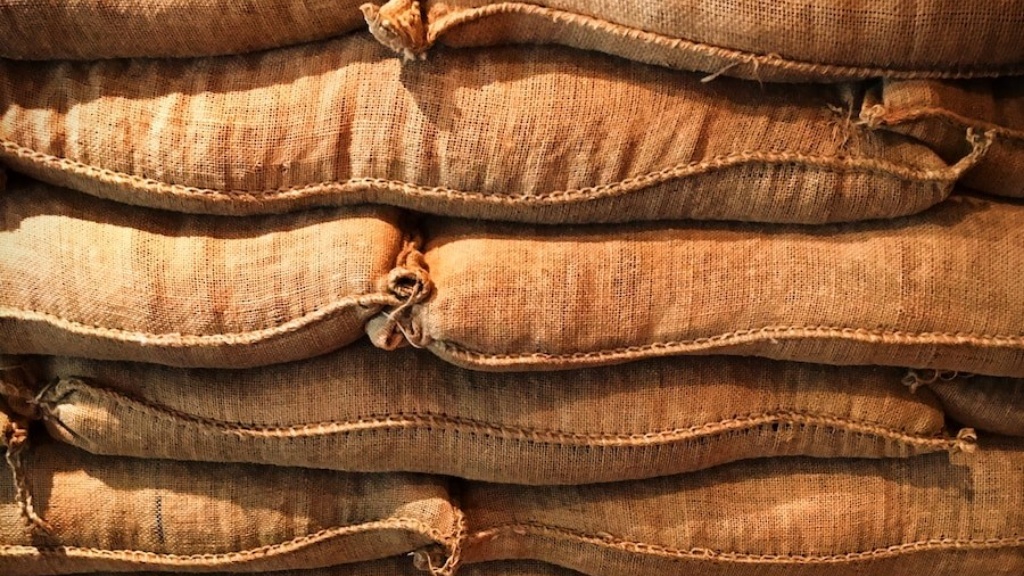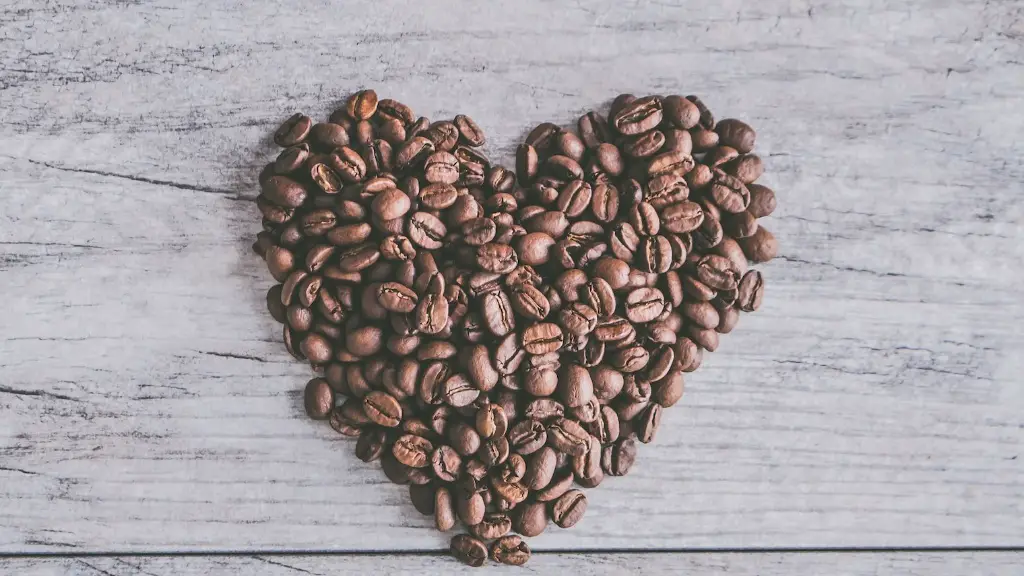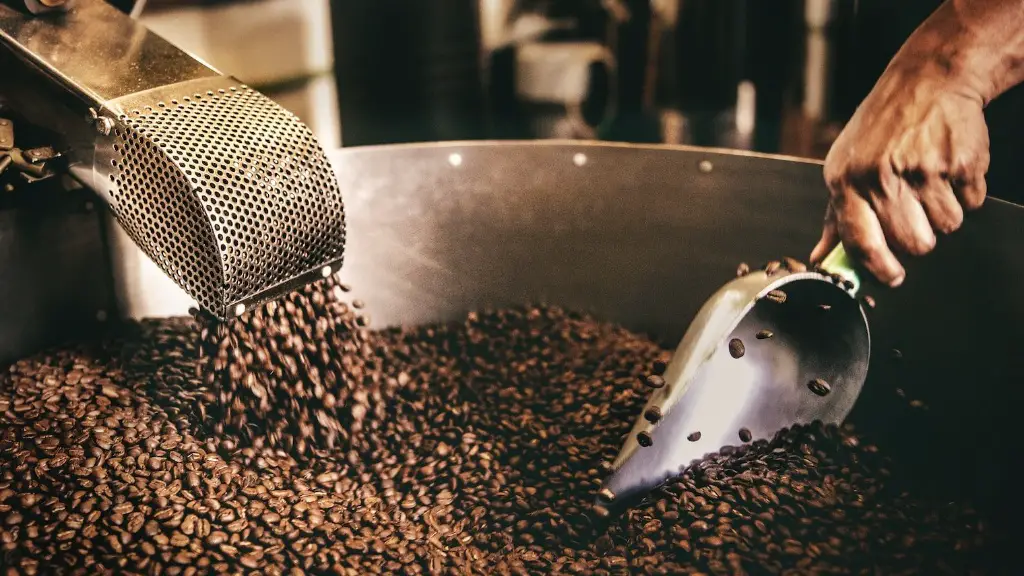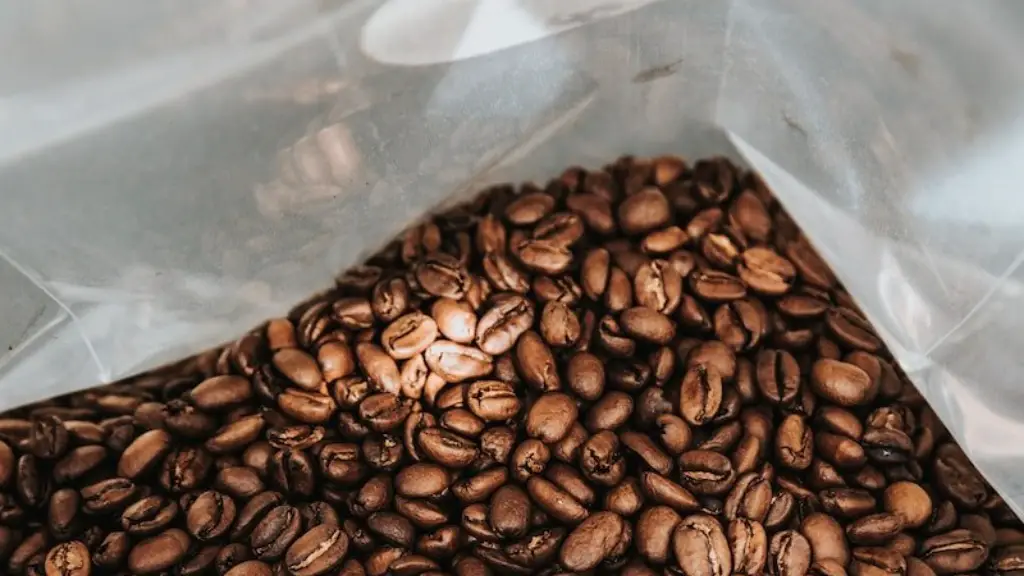The question of whether or not it’s alright to drink coffee before taking a fasting blood glucose test is a common one. While there’s no single answer that applies to everyone, we’re going to explore the question in detail, examine what the experts have to say, and go through the relevant scientific data. We’re also considering both the short-term and long-term effects of drinking coffee before taking a fasting glucose test.
Understanding Blood Glucose Tests
Blood glucose tests are most commonly ordered to diagnose diabetes, pre-diabetes and/or any impaired glucose tolerance. Individuals with diabetes need to monitor their fasting glucose levels as well as conduct other types of tests, such as measuring their HbA1c, fasting and post-meal glucose levels. Aside from health care professionals and diabetics, most people aren’t familiar with the technical process and details of blood glucose tests.
The main difference between a fasting glucose test and a non-fasting glucose test is the amount of time between your last meal and taking the blood sample. In the case of a fasting glucose test, you need to fast for at least 8 to 10 hours prior to having your blood taken. In a non-fasting glucose test, your last meal should be at least 2 hours prior.
Caffeine and Blood Glucose Tests
Most health experts agree that caffeine is best avoided for a minimum of 24 hours before the test. Caffeine, like other stimulants and diuretics, can affect glucose levels, because it causes the body to produce more adrenaline which can potentially increase glucose levels in the short-term. This can be a real problem when it comes to a fasting glucose test because if your blood sugar level is too high or too low, it can throw the results off. Additionally, some studies suggest that caffeine can interfere with your body’s ability to regulate insulin which may also affect your test results.
It’s important to note that the effect of caffeine on blood glucose tests might be different for everyone. Some people, like caffeine-sensitive people, are more susceptible to the effects of caffeine than others. As such, these types of individuals may need to be more careful about avoiding caffeine prior to taking a fasting glucose test.
What the Experts Say
When it comes to taking a fasting glucose test, most medical professionals and dieticians recommend avoiding coffee for at least 24 hours before the test. Generally, you should try not to consume any type of food or drink (aside from water) at least 8 to 10 hours prior to the test in order to ensure accurate results.
However, some experts believe that drinking a cup or two of coffee or other caffeinated beverages may not have a significant effect on blood glucose levels, assuming you don’t add any sugar or milk to it. Dr. Colin Rose, a specialist in endocrinology, says: “A cup or two of regular or decaffeinated coffee before the test is unlikely to produce any significant changes in the results.” Dr. Rose emphasizes the importance of avoiding sugary drinks or those with high-calorie content before the test.
Dr. Maneesha Sarma, a cardiologist at the Delhi Hospital Institute, adds: “The safest way to ensure accurate results is to avoid any type of food and drink for 8 to 10 hours prior to the test. This can help to rule out any potential errors in the results.”
The Science Behind It
Various studies have been conducted in order to determine the effects of caffeine on blood glucose tests. One study conducted by the Harvard Medical School in 2008 explored the short-term effects of caffeine on glucose levels. The study found that drinking a cup of ordinary caffeinated coffee or black tea prior to performing a fasting glucose test did not alter the test results. It did, however, urge caution as the effects of caffeine on blood glucose levels may vary significantly between individuals.
Other studies have also explored the long-term effects of caffeine consumption, and found that one cup of coffee per day may actually be beneficial to individuals with diabetes or prediabetes. According to the study, caffeine stimulates glucose production in the body, which may improve insulin sensitivity and blood sugar control.
In addition to these studies, there are also research studies that have examined the effects of drinking decaffeinated coffee prior to taking a fasting glucose test. The results of these studies also suggest that drinking decaffeinated coffee does not significantly affect the test results.
How to Prepare for a Fasting Glucose Test
If you are planning to take a fasting glucose test, it is important to be prepared. First and foremost, you should plan to fast for at least 8 to 10 hours prior to the test. During this time, you should only drink water and avoid all types of food and beverages, particularly caffeinated ones. Additionally, it is important to get plenty of rest the night before and avoid strenuous activity as this can affect your test results as well.
Discussing the Results with Your Doctor
Before you make any changes to your lifestyle, it is important to discuss the results of your fasting glucose test with your doctor. Your doctor will help you determine whether any lifestyle modifications are necessary or if any medication may be required to help control your blood sugar levels. Additionally, your doctor may be able to provide additional advice about avoiding certain foods and drinks before the test.
Importance of Diet and Exercise
It is also important to remember that diet and exercise are essential for controlling your blood sugar levels. Eating a healthy balanced diet, that includes whole grains, fruits and vegetables, can help to keep your blood sugar levels within a healthy range. Additionally, regular physical activity helps to improve the body’s sensitivity to insulin and regulates glucose levels.
Specially Developed Beverages
In recent years, there has also been an increase in specially designed beverages designed to be consumed before a fasting glucose test. These drinks are designed to help maintain blood sugar levels within a healthy range during and after the test, as well as to reduce the risk of an inaccurate result. However, it is important to note that not all of these drinks contain caffeine and some are specifically designed for individuals who are sensitive to caffeine.
Can Coffee Be Safely Consumed Before a Fasting Glucose Test?
The short answer is yes, it is possible to safely drink coffee before a fasting glucose test. However, it is always best to discuss any lifestyle changes or dietary modifications with your doctor first, since everyone’s individual conditions may vary and the effects of caffeine on blood glucose levels may be different for each person.
In addition, it is important to remember that fasting glucose tests are not the only way to monitor blood sugar levels. Regular tests, diet and exercise are all important components in maintaining blood sugar levels within a healthy range. So, while it might be safe to drink coffee before a fasting glucose test, it is important to discuss any lifestyle modifications with your doctor before making any changes.




